Out of the sands of the Sahara Desert, a grand project is currently underway. Approximately 45 kilometers east of Cairo, Egypt is building it’s new capital city called ‘The New Administrative Capital’. This venture has been promised by President Sisi to bring modernity to the country. However, experts are now warning that the construction is transforming into a white elephant increasingly contributing to Egypt’s economic woes. This article will delve into the reasons for these allegations and what the effects of this new city will be on Egypt.
Origins and Vision of the New Capital
Concept and Construction Delays
The project was conceived in 2015 and aims to erect a brand-new capital at a projected cost of $45 billion. The city plans to accommodate 6 million people. The Project was initially slated for completion by 2022. However, by 2024, the project is still drastically behind schedule with further delays still expected. Added to these delays are the increasing economic costs to the project. The project which was initially expected to cost $45 billion in it entirety has seen costs jump to $58 billion dollars for now with further increases likely. Many experts and activists are now pointing out that Egypt may be too poor to afford its new capital.
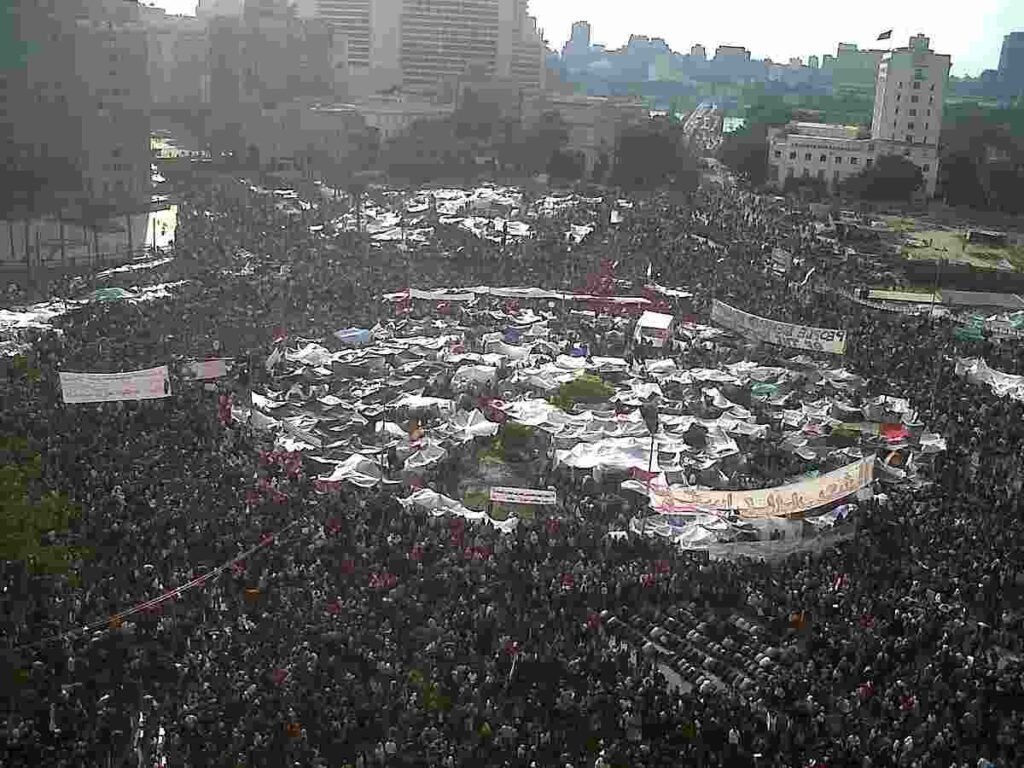
Most experts and analysts allege that the construction of the city is part of a much larger agenda orchestrated by Egypt’s military. The military wants to shift its power base as far away from Cairo as possible in order to avoid a second Tahrir Square situation. The city’s design is not much ‘protestor friendly’ with the army easily able to disperse any large crowd.
Architectural Grandeur and Urban Planning
The new capital is expected by the government to ease pressure on Cairo which is already reeling from overpopulation. Cairo and the greater Cairo area is home to more than 22 million people. The new capital thus places profound importance to solving Cairo’s woes. It is planned to consist of 21 residential districts with 5 other separate districts. The capital incorporates distinct districts for government, business, and culture with residential areas. The capital is expected to be host to Africa’s largest mosque and cathedral along with already boasting Africa’s largest tower. The city’s plans also include a park called the ‘Green River’ that is expected to be twice the area of New York’s Central Park. The city even incorporates a separate Sports city and construction is already underway for the world’s fourth largest football stadium.
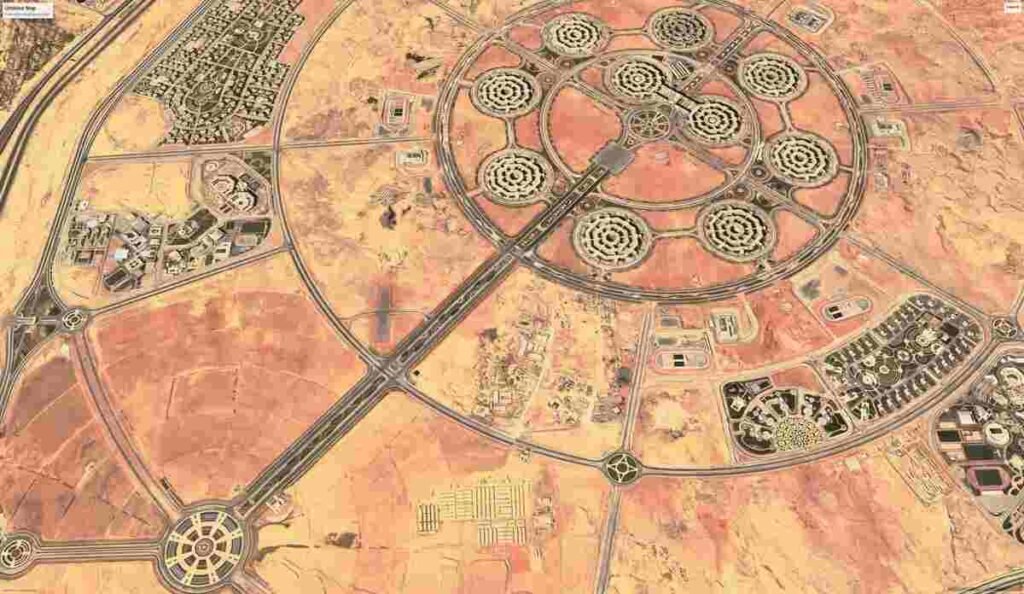
The city’s government district alone covers an area larger than the National Mall in Washington D.C. The district will boast the world’s longest flagpole with a Presidential Palace whose grandeur has already caused quite a stir. The new palace comes with an astronomical price tag of 1.3 billion according to several independent sources. The Egyptian Military’s new headquarters dubbed ‘the Octagon’ is the largest military headquarters anywhere in the world.
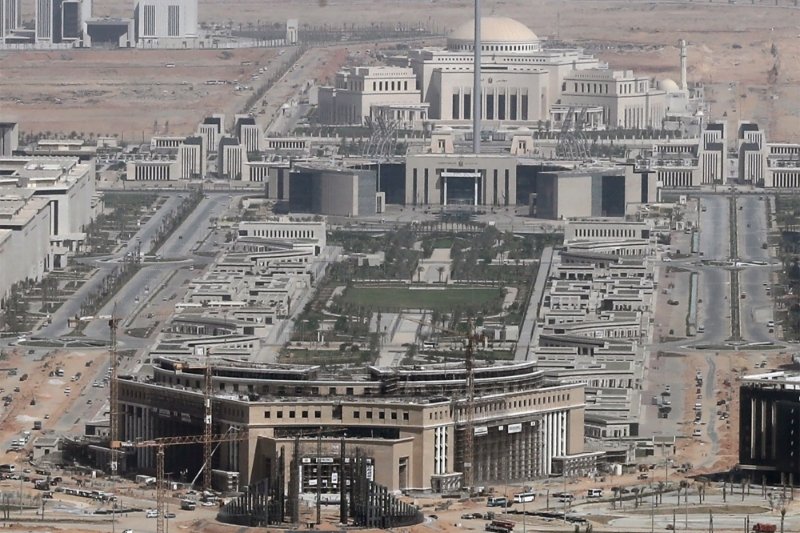
The Smart City
The City is being designed as a smart city with 6000 cameras currently in the working. 5G optic fiber cables are also being laid as part of this plan. In an article in CNN, Khaled Abbas who is the Chairman of (ACUD), the company overseeing the project, he disclosed that the new capital will make use of AI to make optimal utilization of water, electricity and waster management.
Economic Strain and Financial Overreach of Egypt
The project has faced criticism both domestically and internationally. Critics argue that the vast sums of money being poured into the new capital could have been better utilized by upgrading Cairo’s decaying infrastructure. The majority of Cairo’s residents can barely afford to live in Cairo, shifting to a newly built city seems like a far fetched idea altogether. The city has been labelled as a city for the rich and rightly so. Previous Egyptian Presidents built similar cities eg the 6th of October and New Cairo with similar promises as made by Sisi, but these cities proved too expensive for ordinary Egyptians to move into.
Public and Foreign Backlash
With the majority of Egyptians living in poverty, the justification for such an extravagant project seems absurd. Approximately 60% of Egypt’s population is projected to be under or close to the poverty line according to a report in Reuters. Egypt has been labelled as a ‘debt addicted country’, being the 2nd most indebted country to IMF after Argentina. The country is already facing a turbulent Sudan and Ethiopia to its South where massive civil wars are raging on. Added to this are the Houthi attacks in the Red Sea which have disrupted traffic to the Suez Canal. The canal contributes $10 billion to government coffers annually but these revenues have been cut in half. The state previously ‘gifted’ its strategic Islands of Tiran in the Red Sea to Saudi Arabia to settle debt repayments.

The project has also been a victim of allegations as well. There have been allegations of mismanagement and corruption with the military owned company leading the project in the limelight. President Sisi had earlier promised that Government money will not be used to fund the construction of the new city but these claims were soon proven to be untrue. The lack of land sales along with the drying up of foreign investments soon forced the military to fund the project by using state funds. This inevitably further contributed to the Government’s ballooning debt.
Conclusion
Egypt’s new administrative capital is a project of unprecedented scale and ambition. However, it is also a project mired in financial overreach and economic imprudence. As the costs continue to mount, the economic future of Egypt hangs in the balance. The government’s gamble on modernizing and decongesting Cairo by building a new capital in the desert could either pave the way for a new era of prosperity or lead to economic ruin. The outcome of this monumental project remains to be seen, but the stakes could not be higher for Egypt and its people. Many have said that Egypt is trying unsuccessfully to emulate Dubai. Whether it can replicate Dubai’s success remains to be seen.



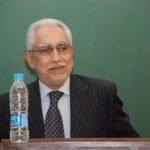



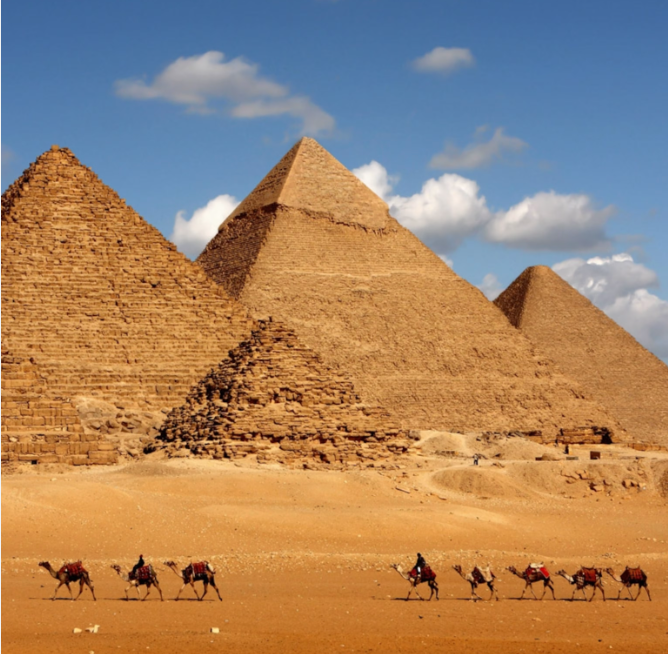


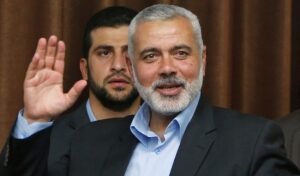

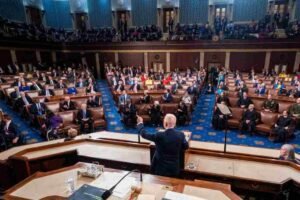

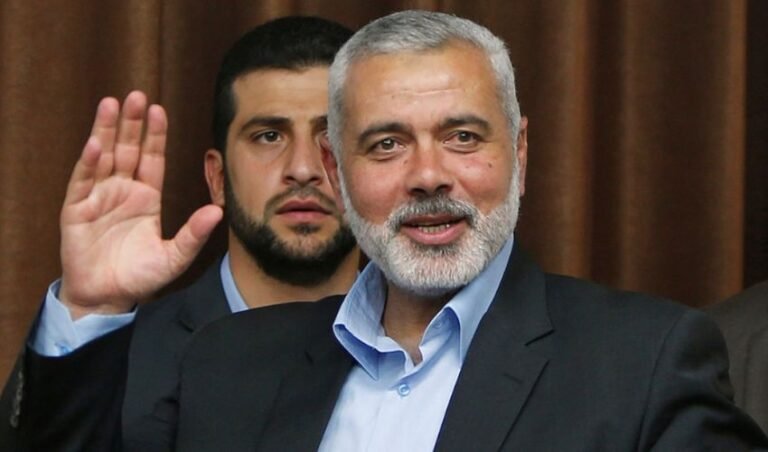
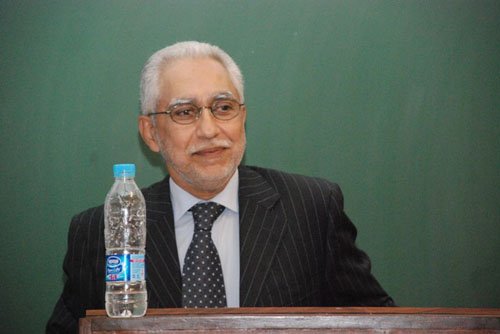
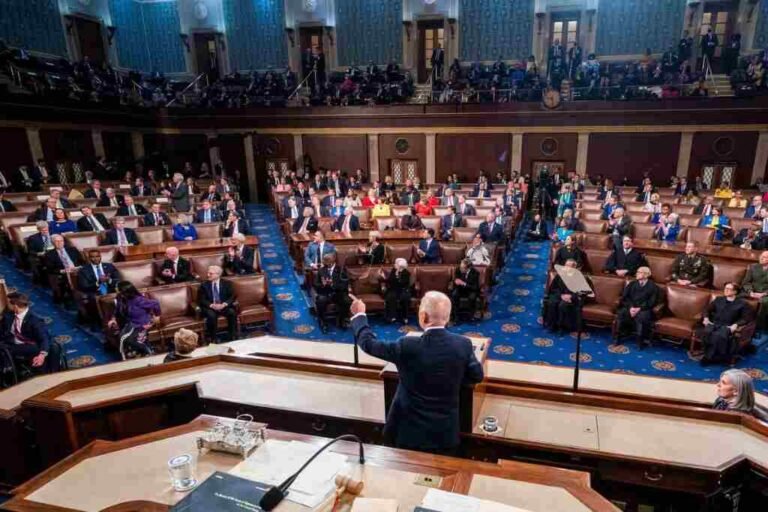
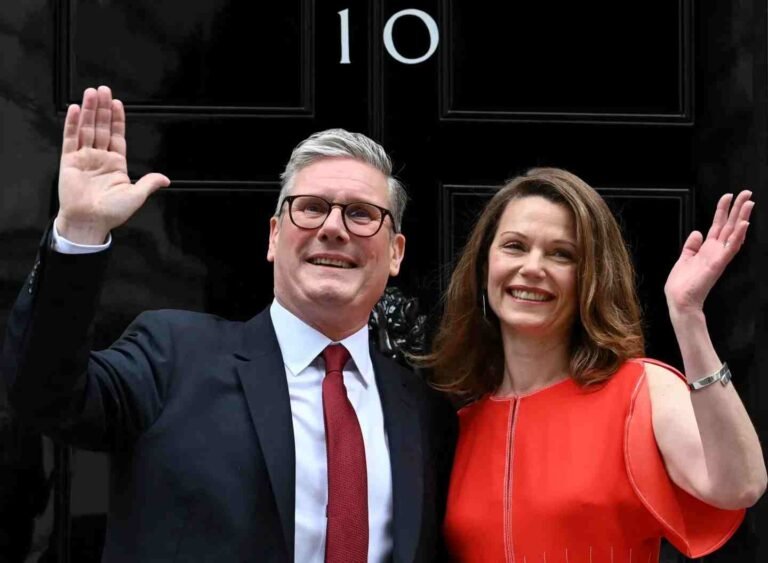
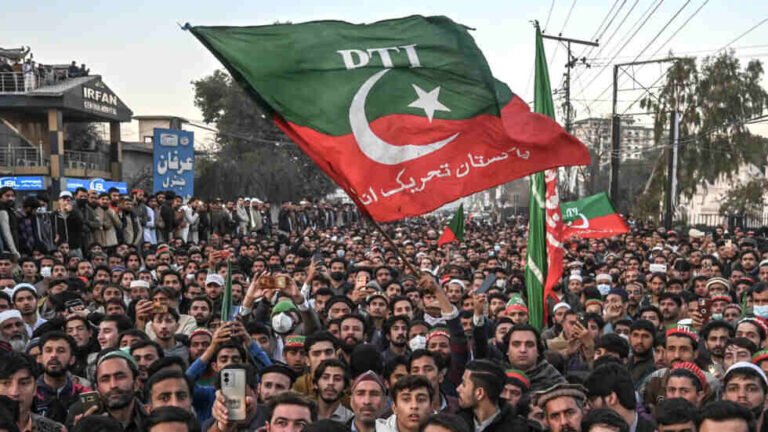
+ There are no comments
Add yours